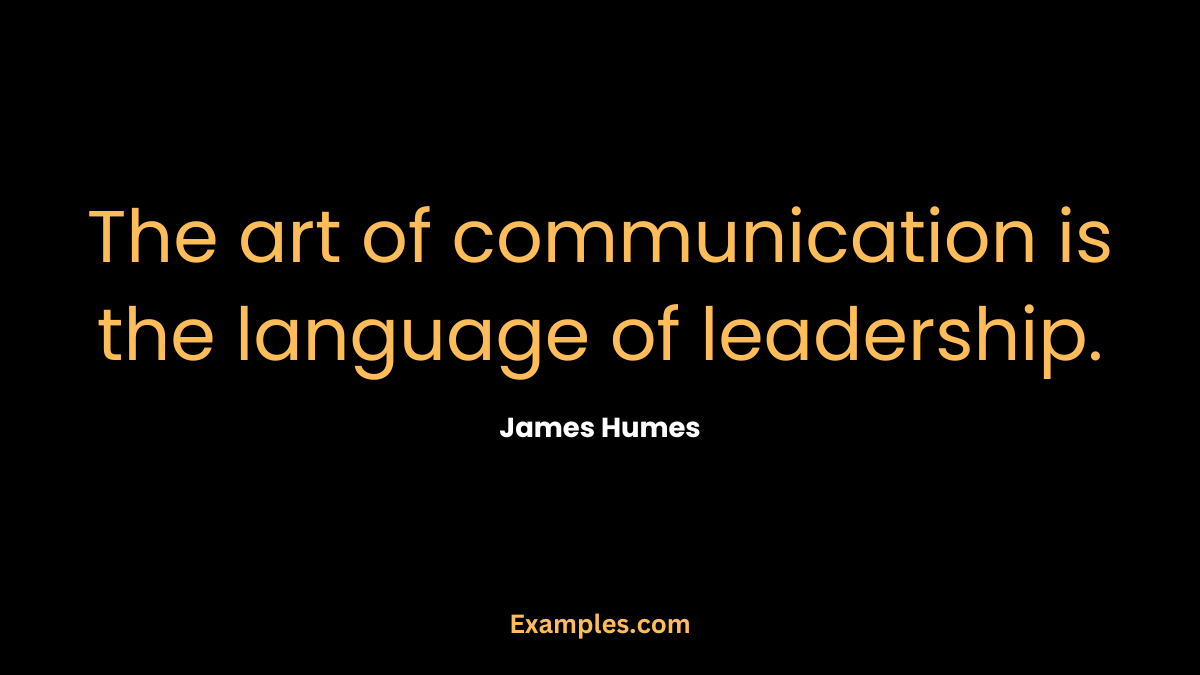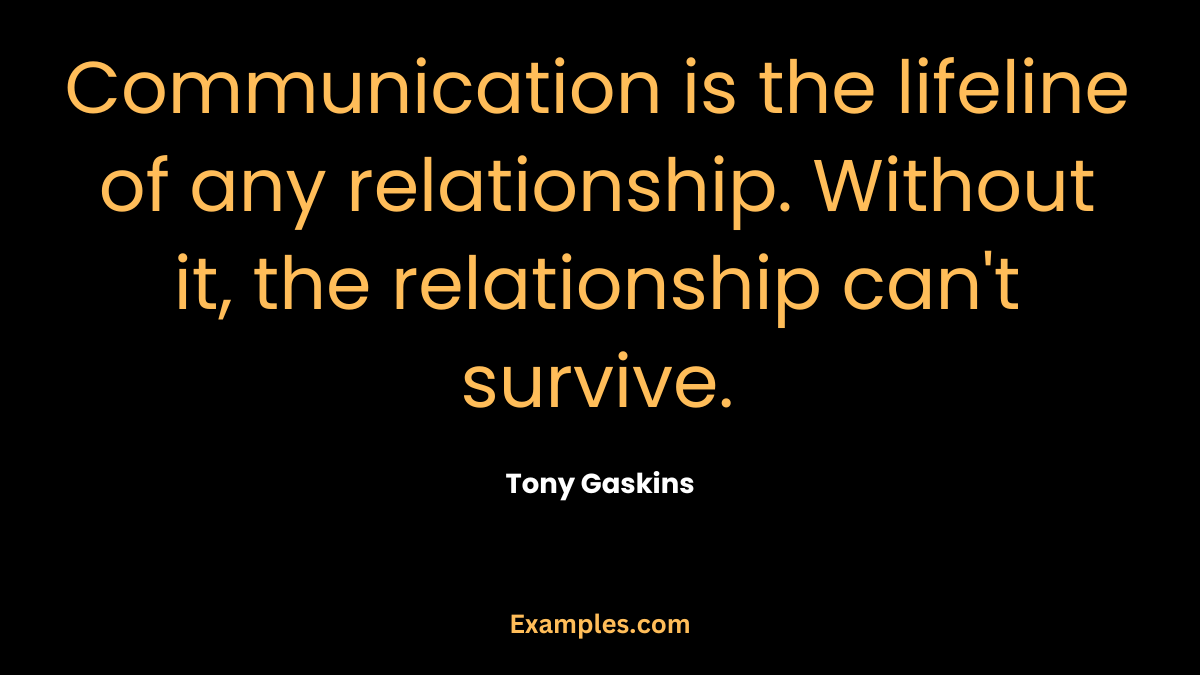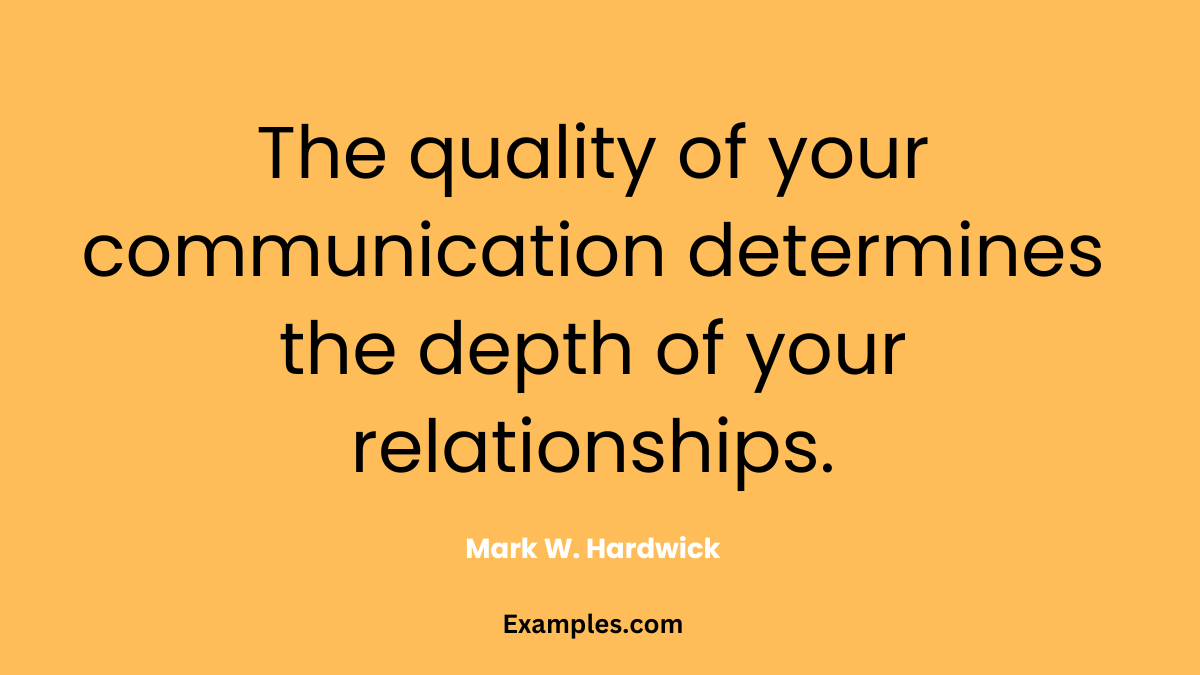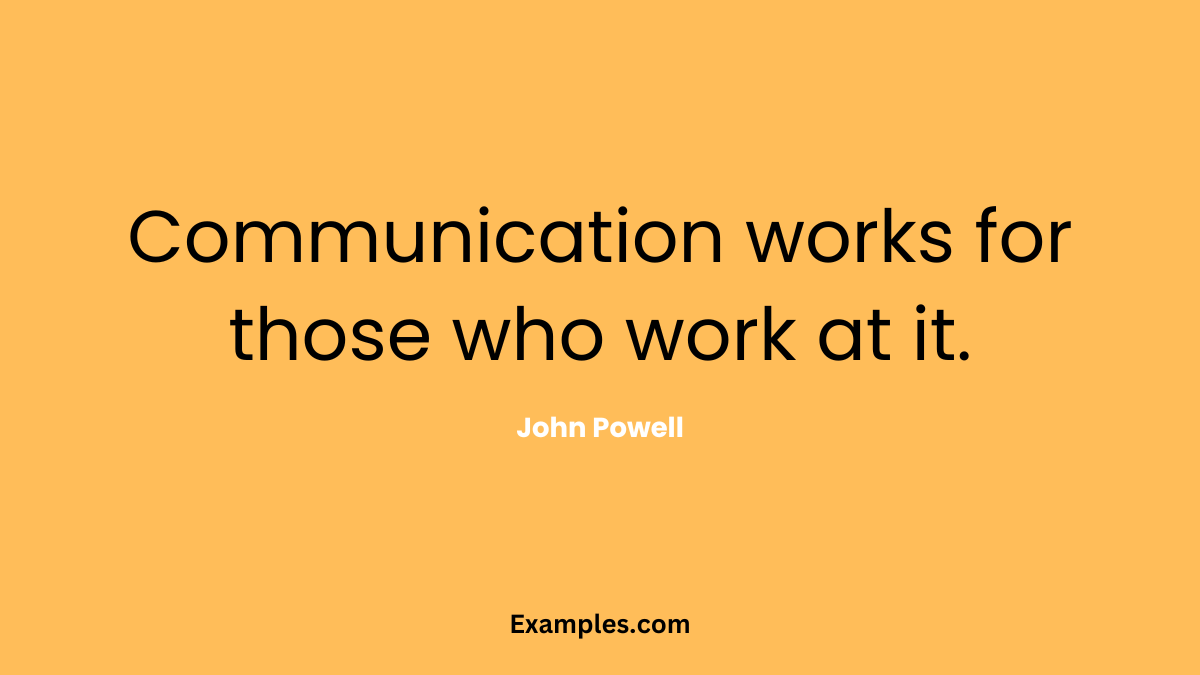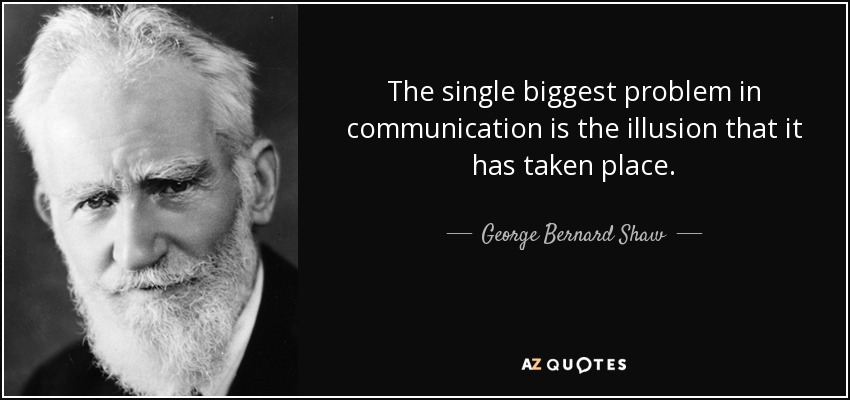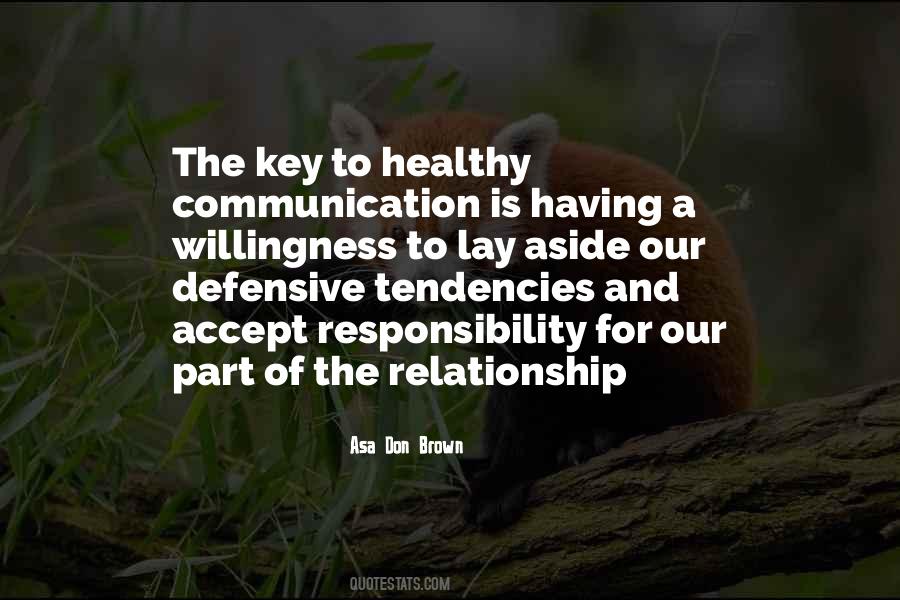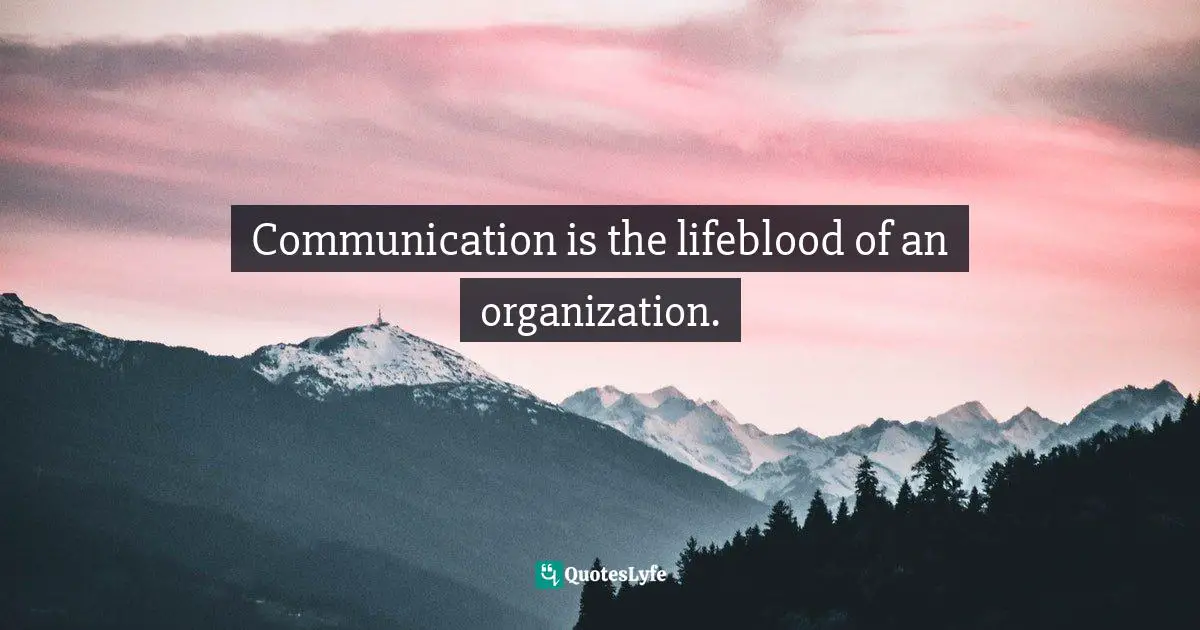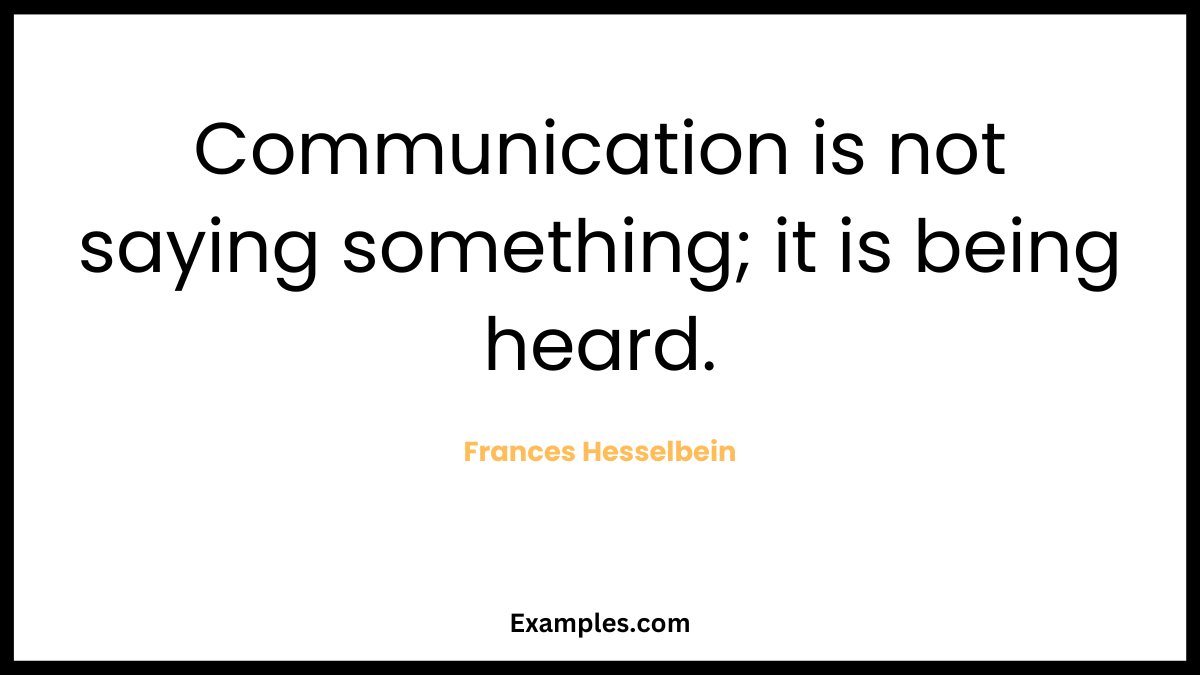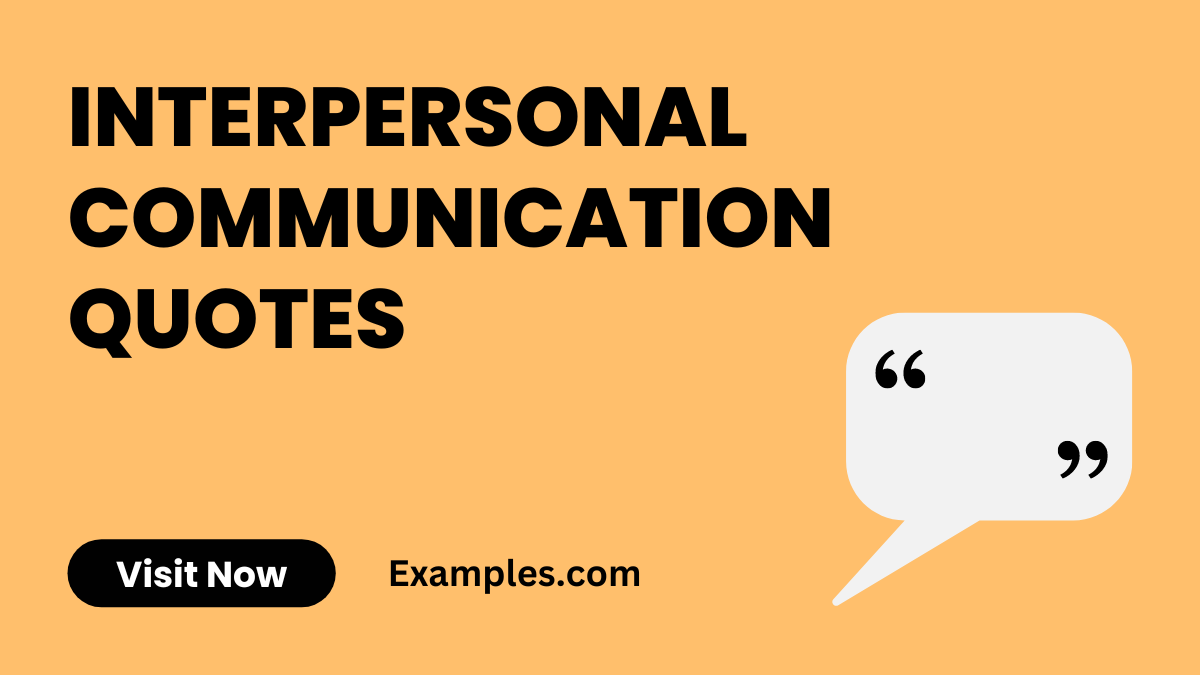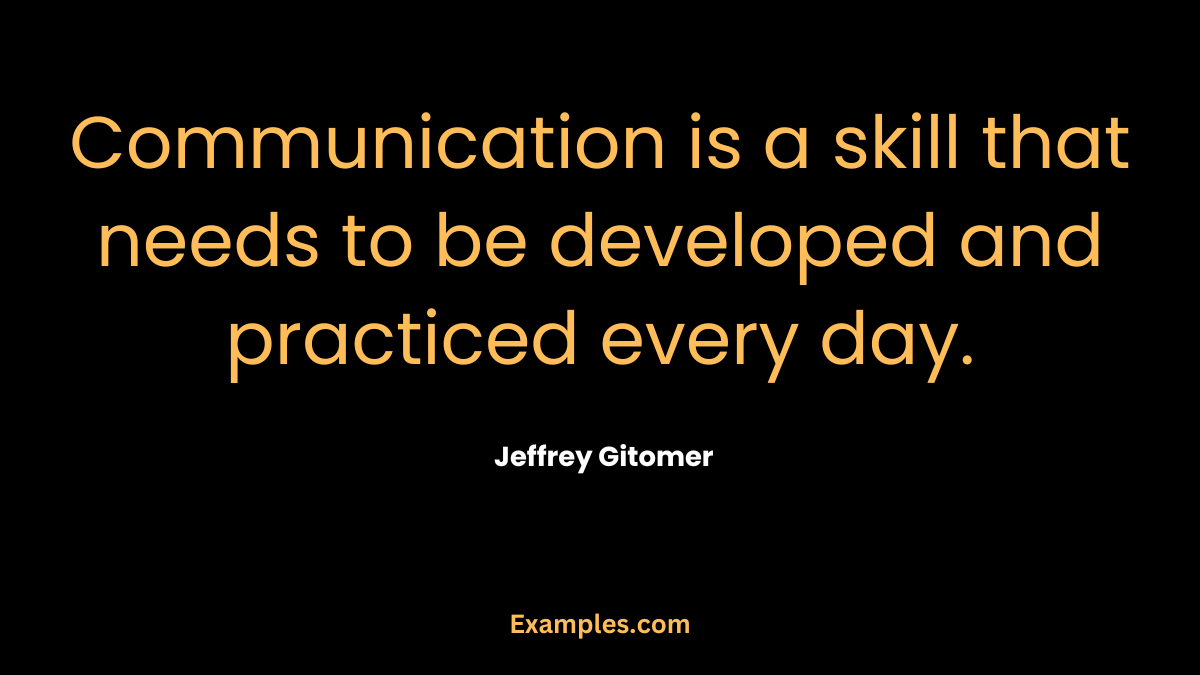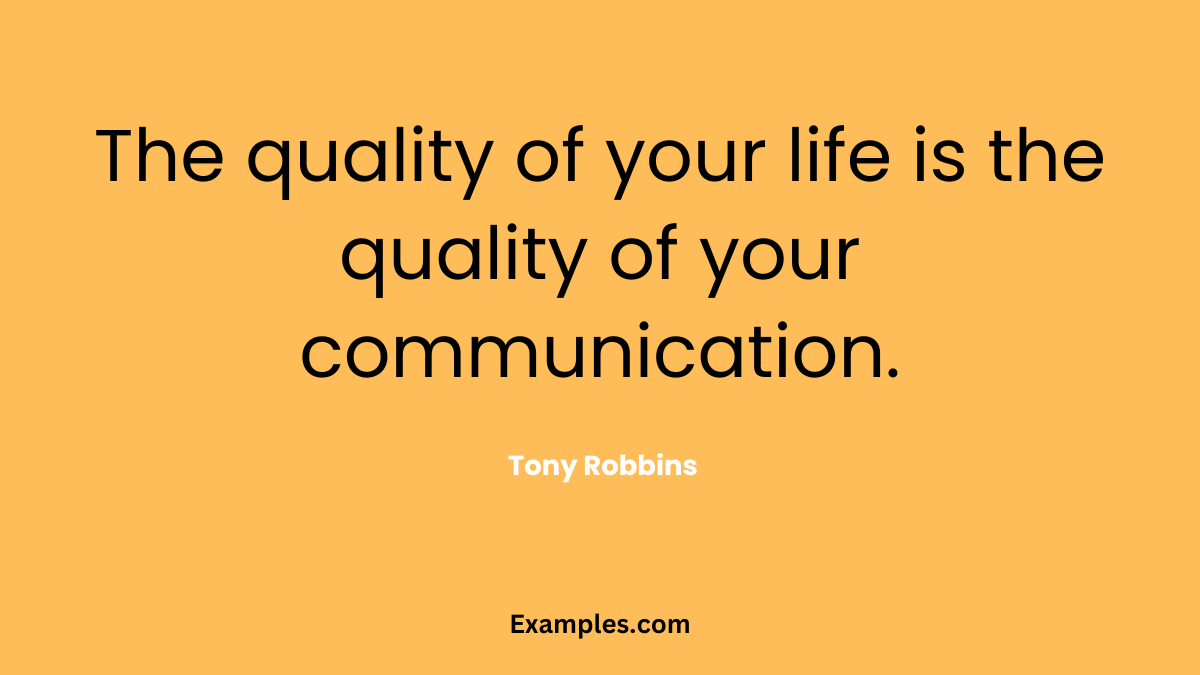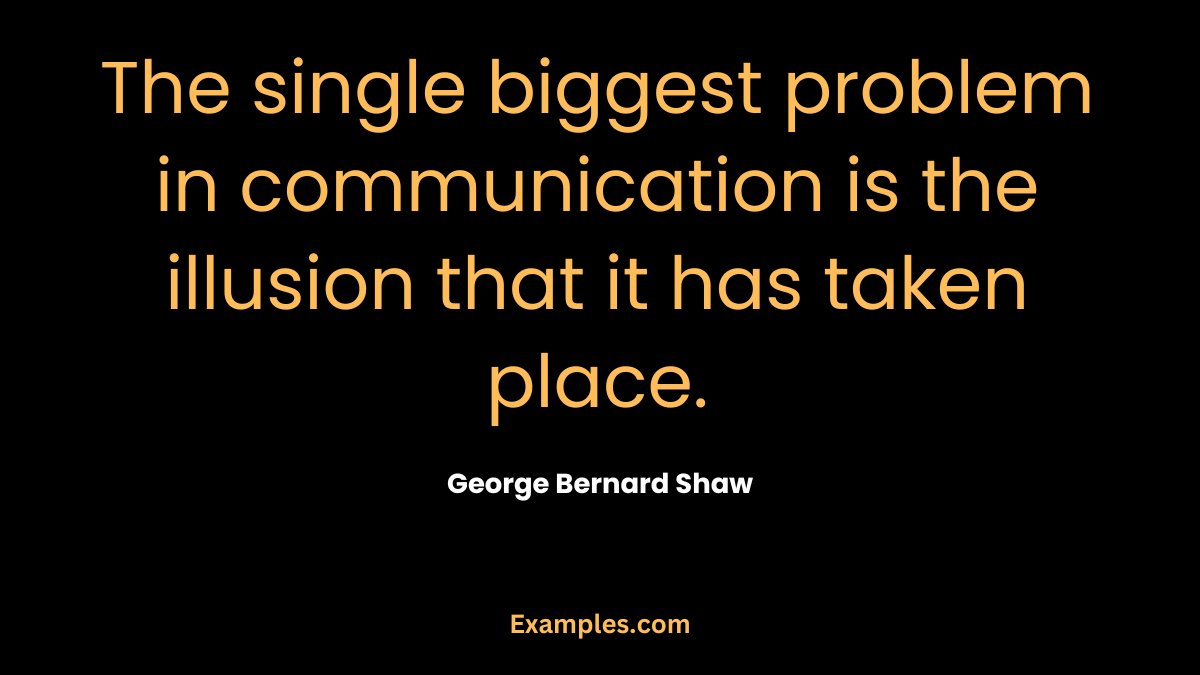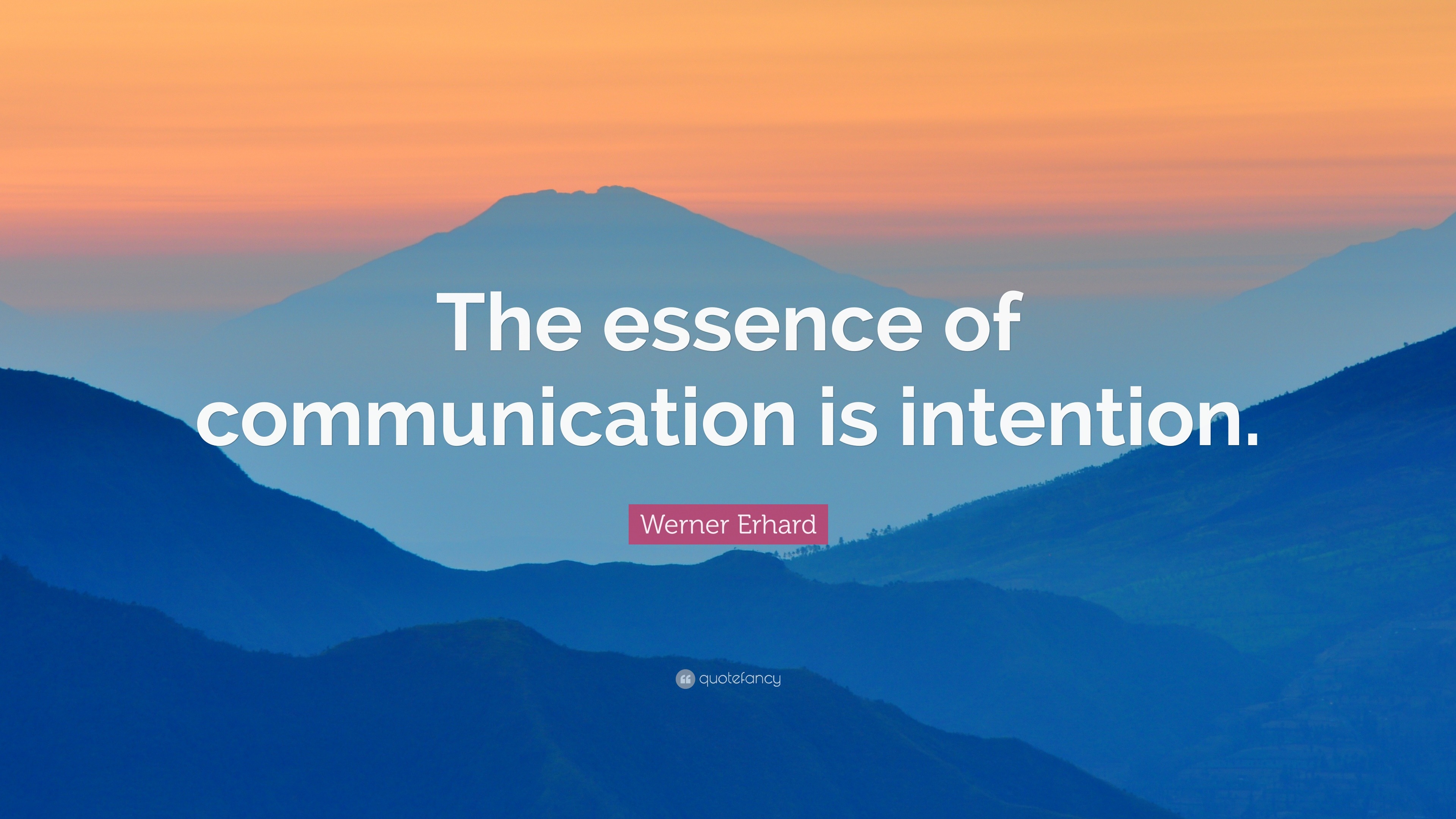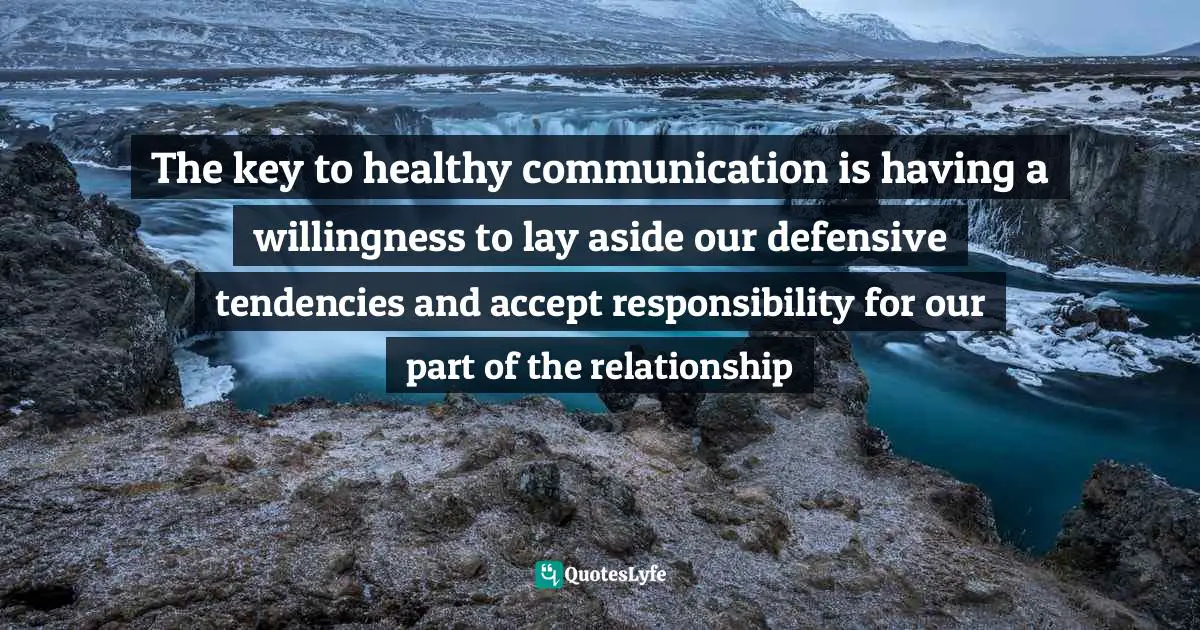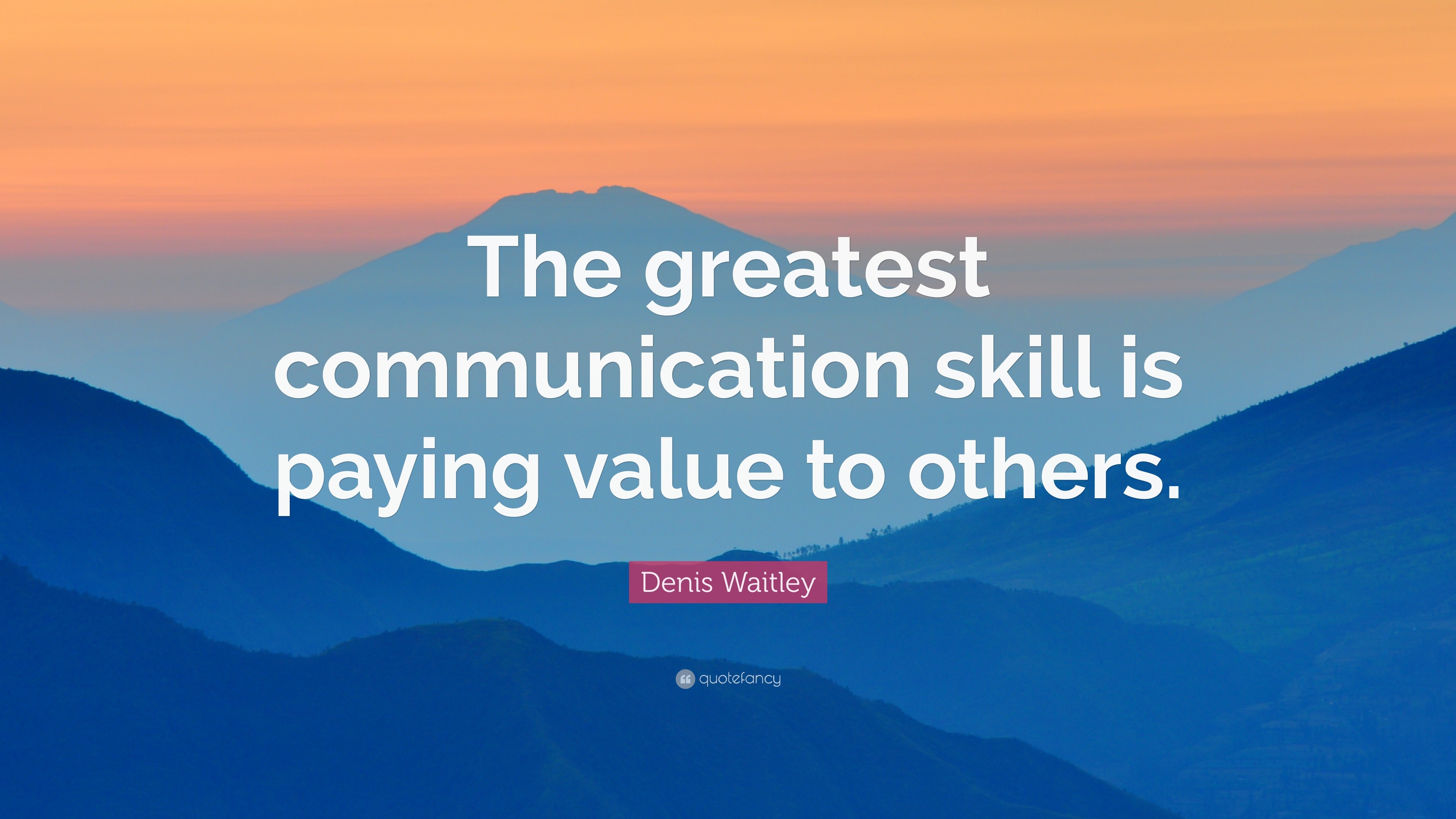Quotes On Interpersonal Communication
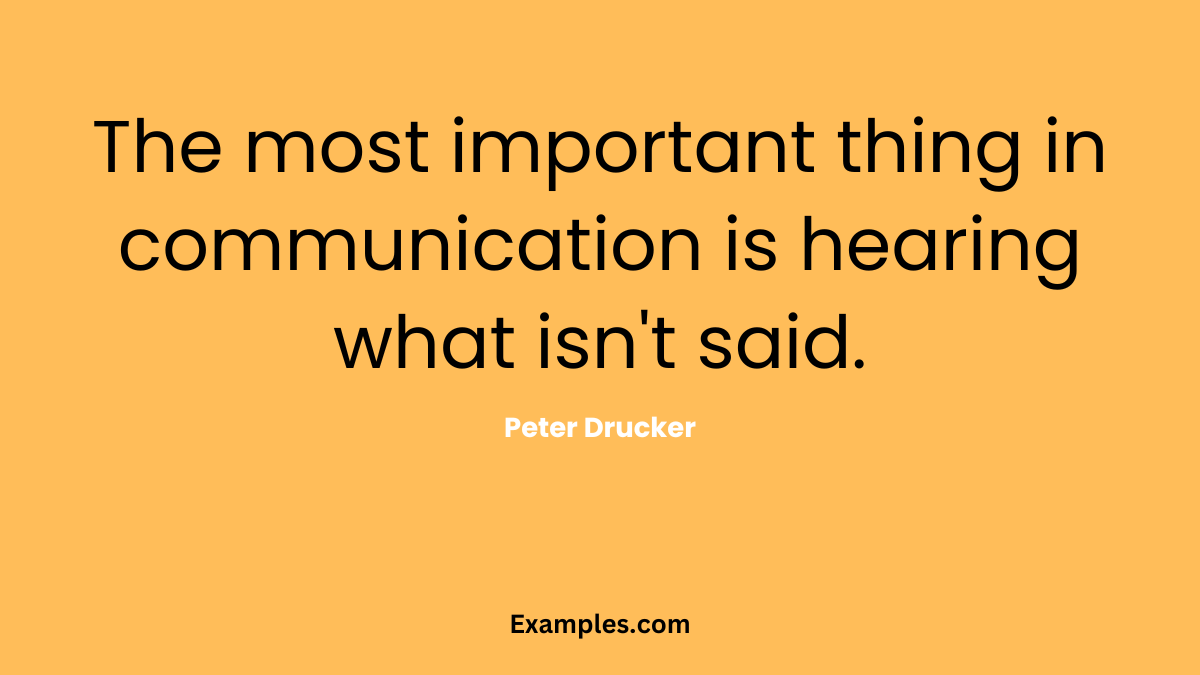
In an era defined by digital interactions, the foundational art of interpersonal communication is paradoxically facing both unprecedented opportunities and daunting challenges. From bridging cultural divides in global teams to fostering genuine connections in increasingly isolated communities, effective communication skills are more vital than ever. The words we choose, the way we listen, and our ability to empathize are the cornerstones of productive relationships, successful collaborations, and a thriving society.
At its core, this article explores the power of insightful quotes on interpersonal communication. It delves into how these concise expressions of wisdom can illuminate the complexities of human interaction, offering guidance and inspiration for navigating the nuances of building strong relationships, resolving conflicts, and fostering understanding in personal and professional spheres. The exploration includes expert perspectives, research findings, and real-world examples to showcase the enduring relevance of these principles.
The Power of Words: Insights from Communication Experts
Communication, according to Peter Drucker, the renowned management consultant, is about “what the receiver does.” This underlines the fact that effective communication is not merely about transmitting a message, but about ensuring it is understood and acted upon. Understanding your audience is paramount.
Another key principle, highlighted by author Stephen Covey, is to "Seek first to understand, then to be understood." This emphasizes the importance of active listening and empathy in building rapport and fostering meaningful connections. Covey's quote encourages moving beyond simply waiting for your turn to speak and instead, genuinely attempting to grasp the other person’s perspective.
Brené Brown, a research professor and author known for her work on vulnerability, adds another crucial dimension. Brown posits that "Courage starts with showing up and letting ourselves be seen." This implies that authentic communication requires vulnerability and a willingness to be genuine in our interactions. This can be a challenge, but it is vital for creating trust and building deeper relationships.
Active Listening: The Cornerstone of Understanding
Active listening is consistently identified as a crucial component of effective interpersonal communication. As Carl Rogers, a prominent psychologist, stated, "The greatest gift I can give another is to see, hear, understand and touch them." This encapsulates the essence of active listening, moving beyond mere hearing to a deeper level of engagement and comprehension.
A study published in the Journal of Communication found a direct correlation between active listening skills and relationship satisfaction. The study showed that individuals who actively listen to their partners experience greater feelings of being understood and valued, leading to stronger and more fulfilling relationships. Neglecting active listening, the study implied, risks weakening bonds between people.
Navigating Conflict: Turning Discord into Dialogue
Conflict is an inevitable part of human interaction, but it can be managed constructively through effective communication. Marshall Rosenberg's work on Nonviolent Communication (NVC) offers a powerful framework for resolving conflicts with empathy and understanding. Rosenberg advocates for expressing needs and feelings without blame or judgment.
According to Rosenberg, "Every criticism, judgment, diagnosis, and expression of anger is the tragic expression of an unmet need." This perspective encourages us to look beyond the surface of conflict and identify the underlying needs driving the behavior. It emphasizes compassionate communication.
Research from the Harvard Negotiation Project highlights the importance of focusing on interests, not positions, in conflict resolution. This means understanding the underlying motivations and goals of all parties involved, rather than simply arguing for a specific outcome. Focusing on interests promotes collaborative problem-solving and mutual gains.
Communication in the Digital Age: Bridging the Gap
While technology has revolutionized communication, it also presents unique challenges. Sherry Turkle, a professor at MIT, cautions that "Technology is seductive when what it offers meets our human vulnerabilities. And as it turns out, we are very vulnerable indeed. We are lonely but fearful of intimacy." This highlights the potential for technology to create superficial connections while hindering deeper, more meaningful relationships.
The Pew Research Center has conducted extensive studies on the impact of social media on interpersonal relationships. Their findings suggest that while social media can facilitate connections and provide a sense of community, it can also contribute to feelings of isolation and social comparison. People may feel pressured to present an idealized version of themselves online, leading to inauthenticity and a disconnect from their true selves.
To effectively communicate in the digital age, it is crucial to be mindful of the potential pitfalls and cultivate genuine connections. Prioritizing face-to-face interactions, practicing active listening in online conversations, and being authentic in our digital presence are essential for building meaningful relationships in an increasingly digital world. This is vital, as online connection can often feel shallow.
Looking Ahead: Cultivating a Culture of Communication
The future of interpersonal communication hinges on our ability to cultivate a culture of empathy, understanding, and authentic connection. This requires a conscious effort to develop our communication skills, both in our personal and professional lives. It involves promoting active listening, embracing vulnerability, and prioritizing genuine human interaction.
As our world becomes increasingly interconnected and complex, the ability to communicate effectively will be more vital than ever. By embracing the wisdom of insightful quotes and applying proven communication strategies, we can foster stronger relationships, resolve conflicts more effectively, and build a more understanding and compassionate world.
